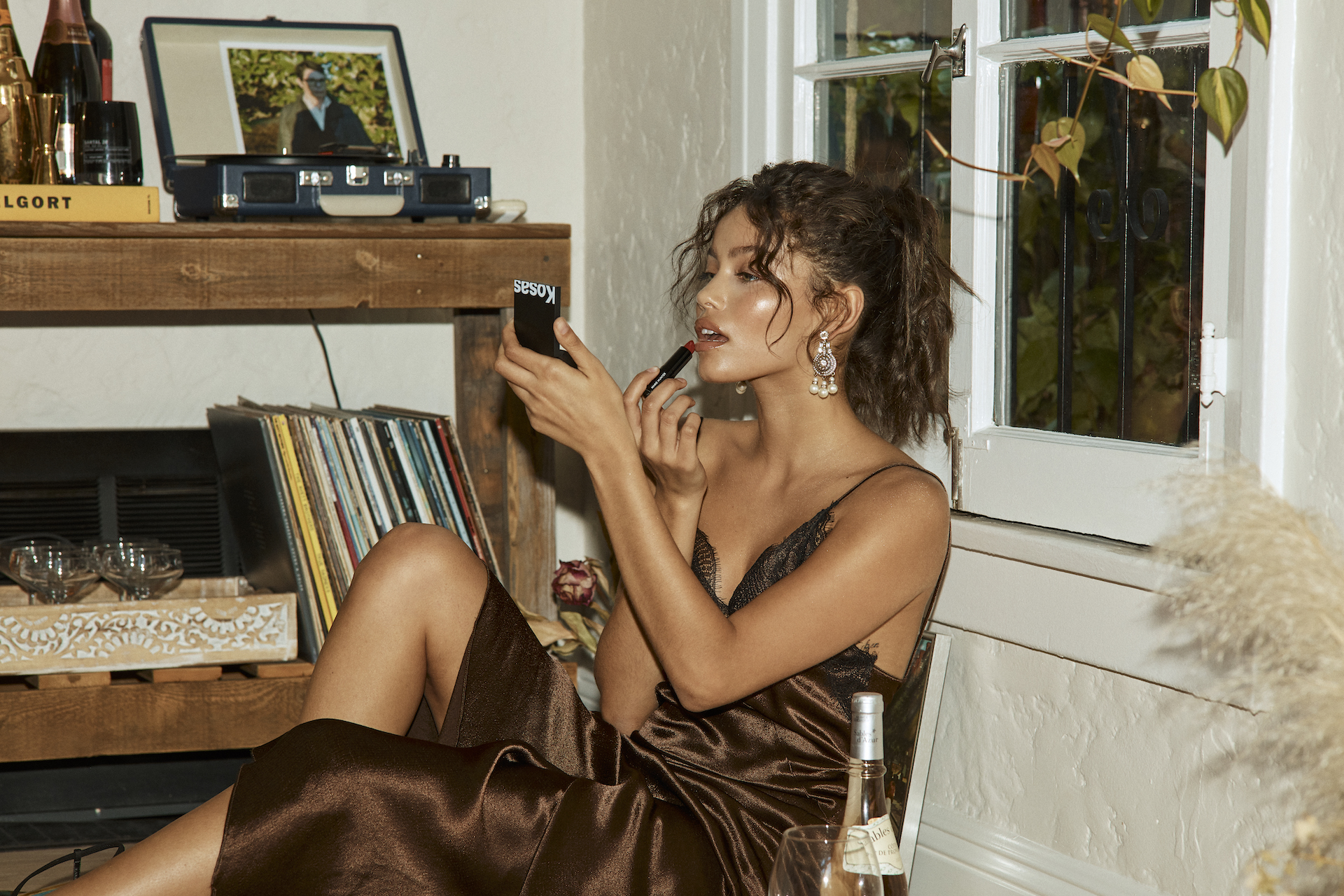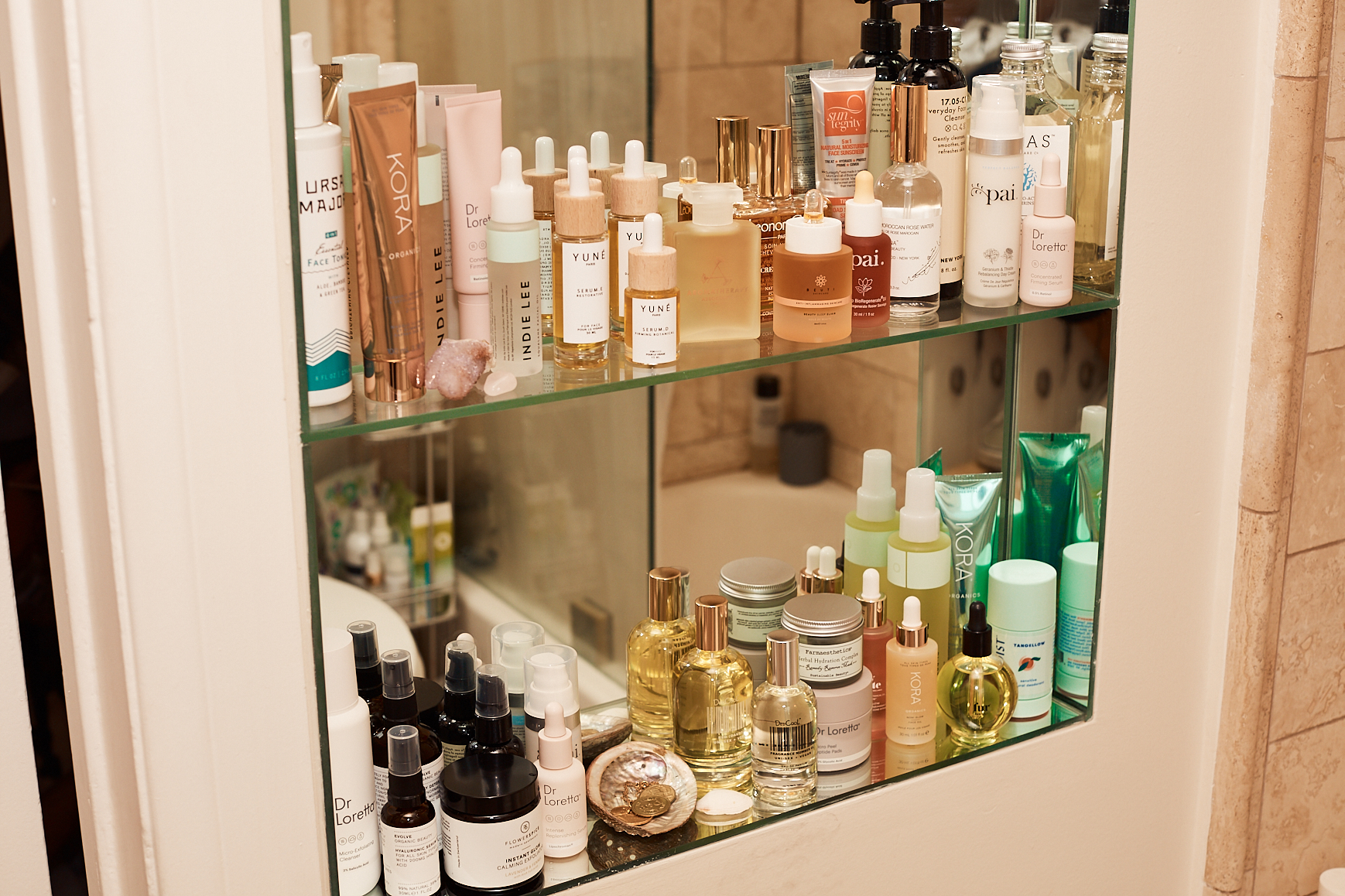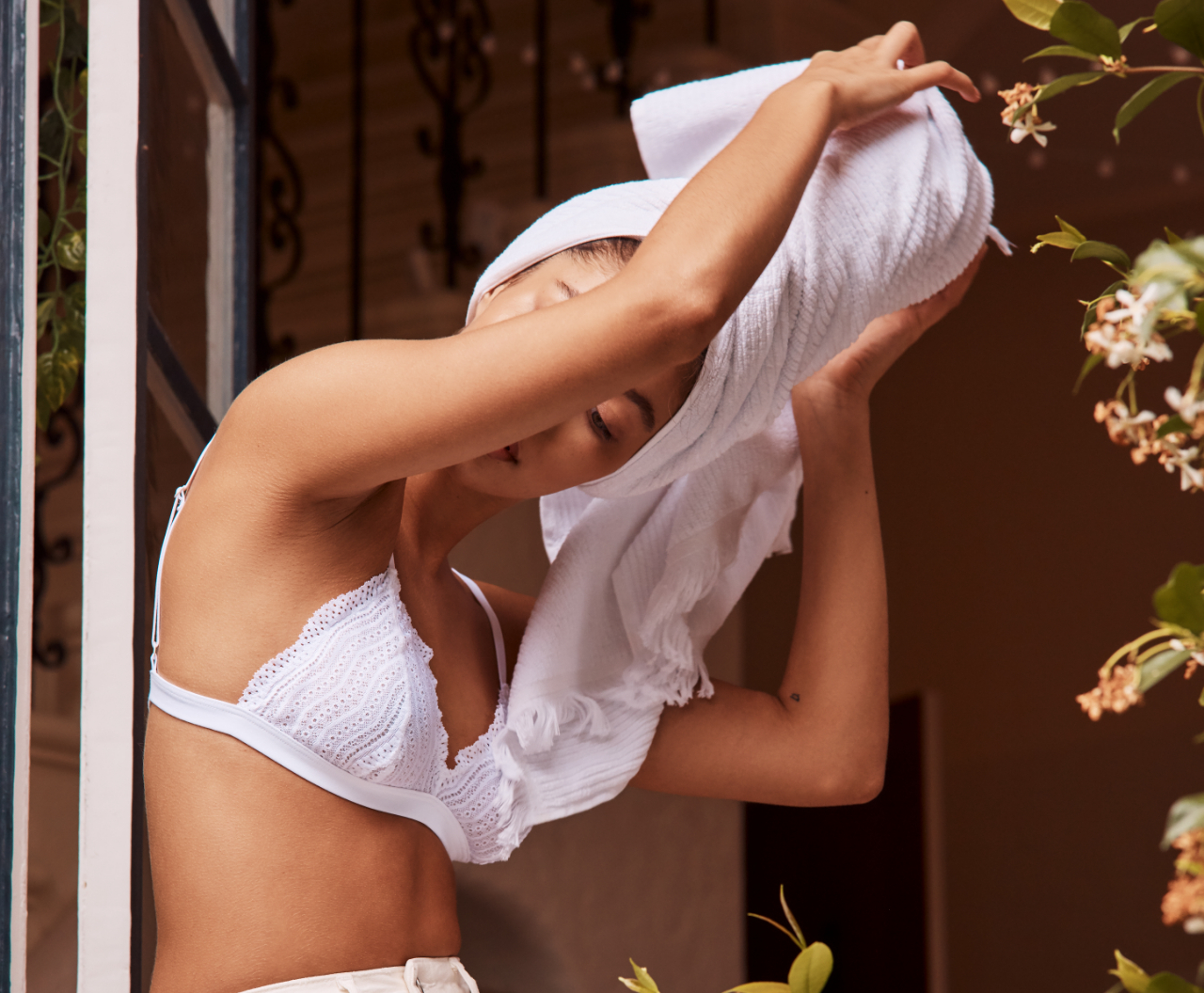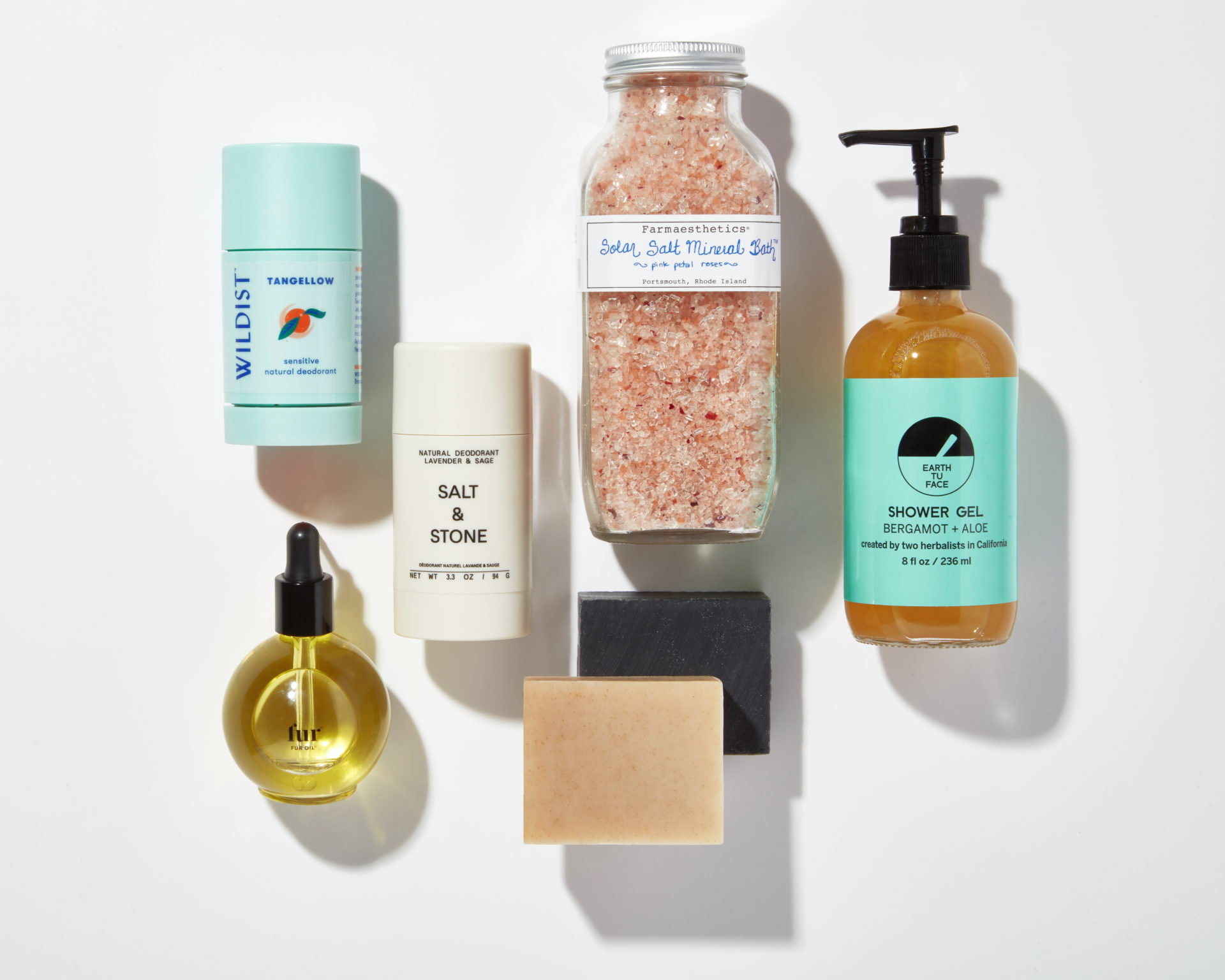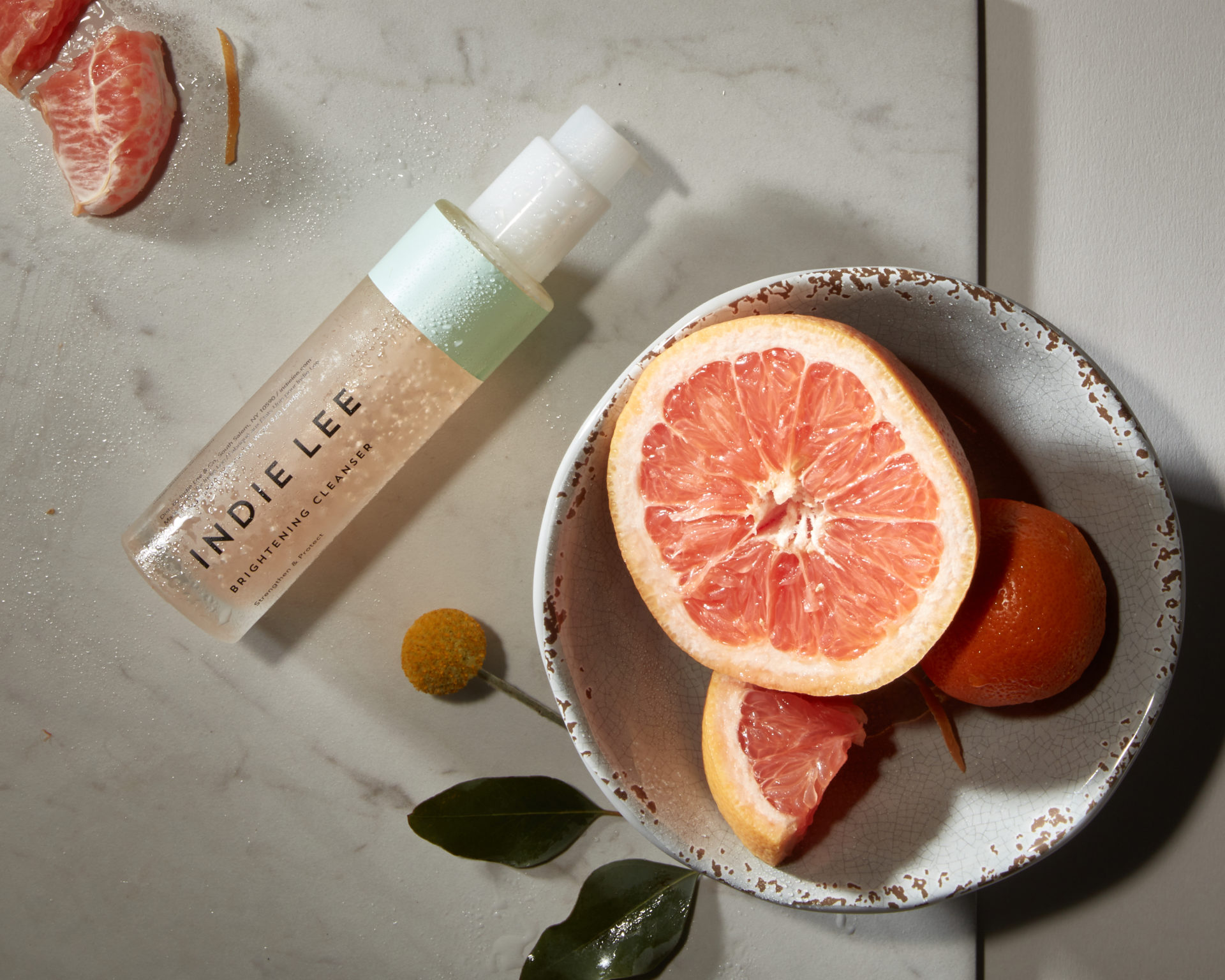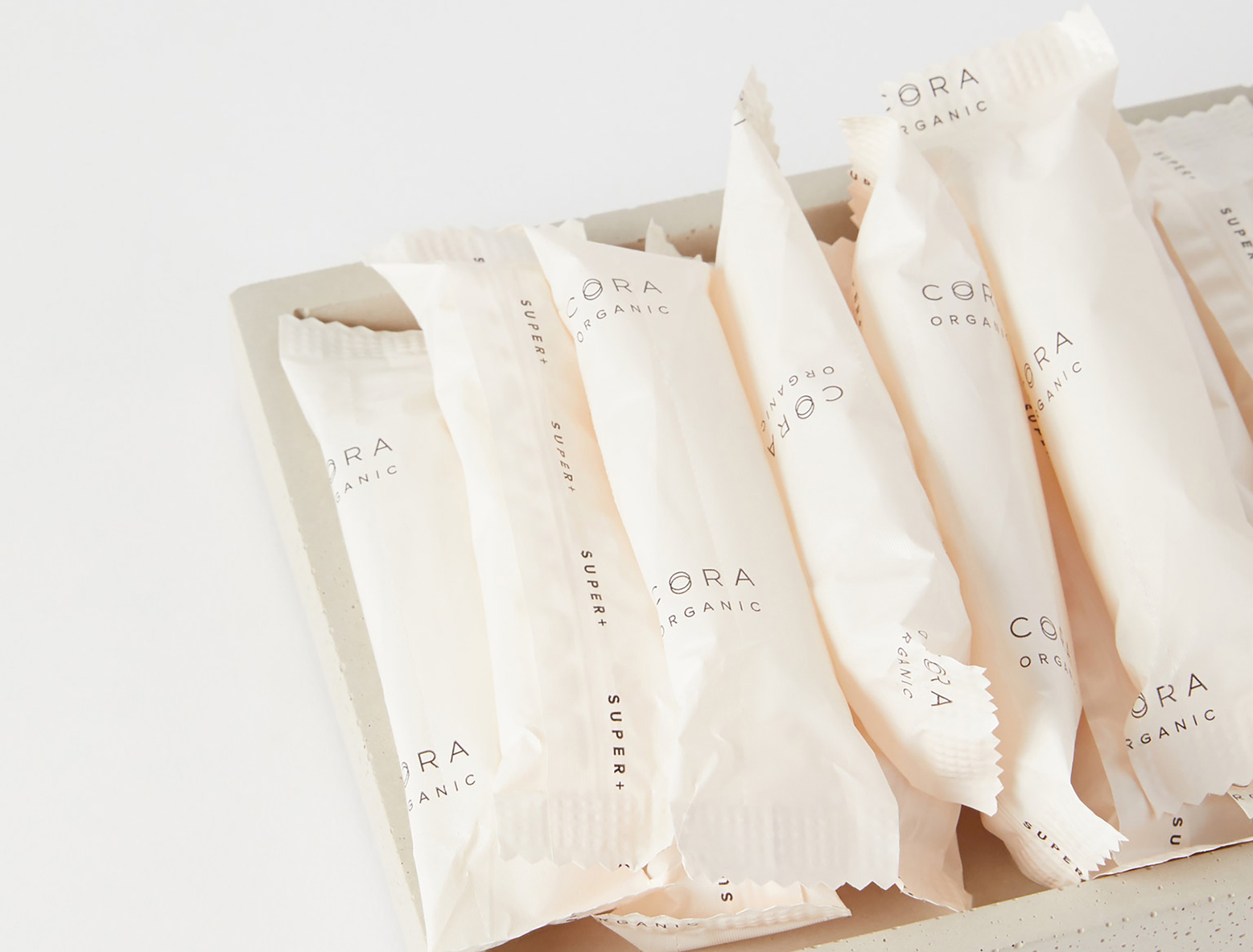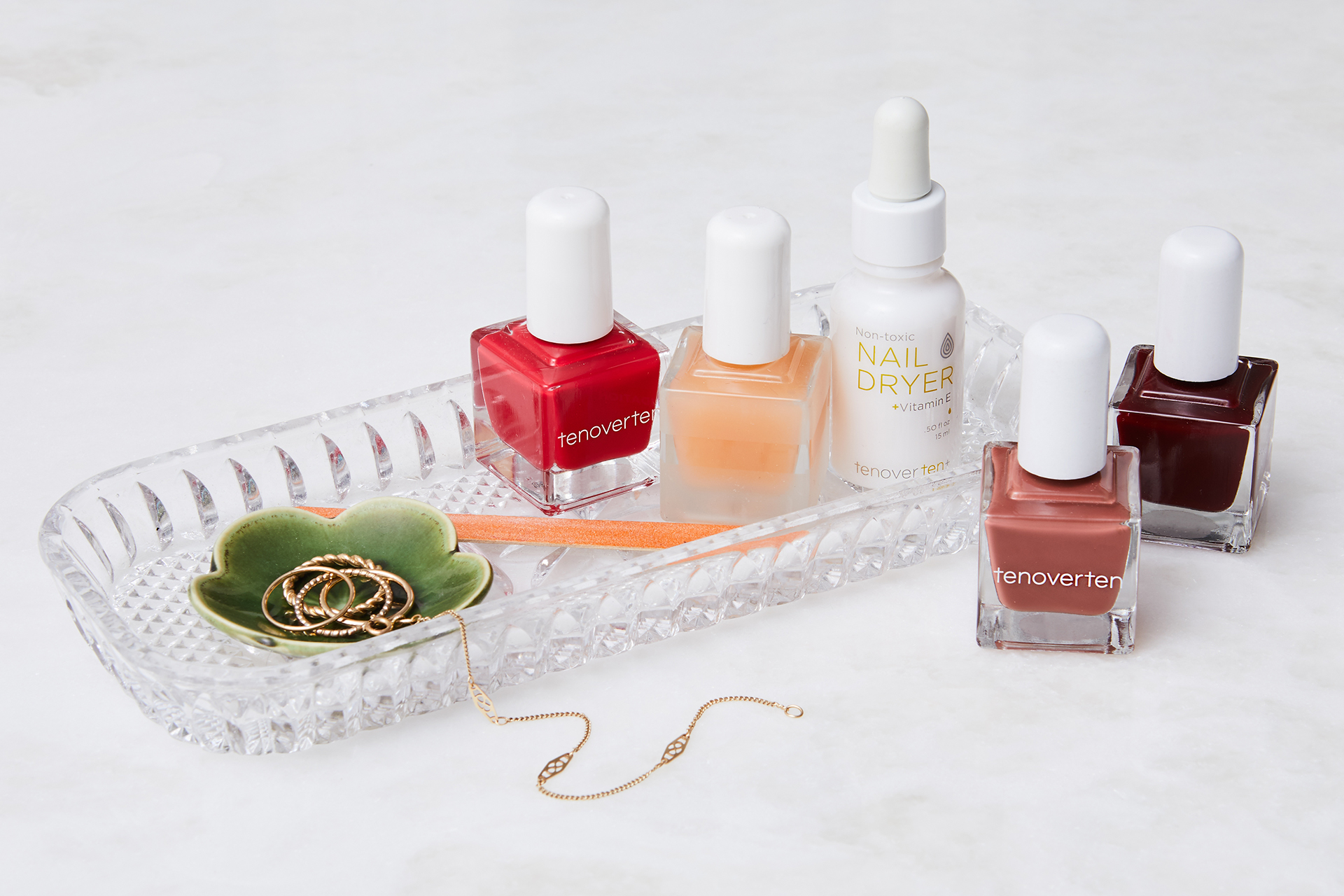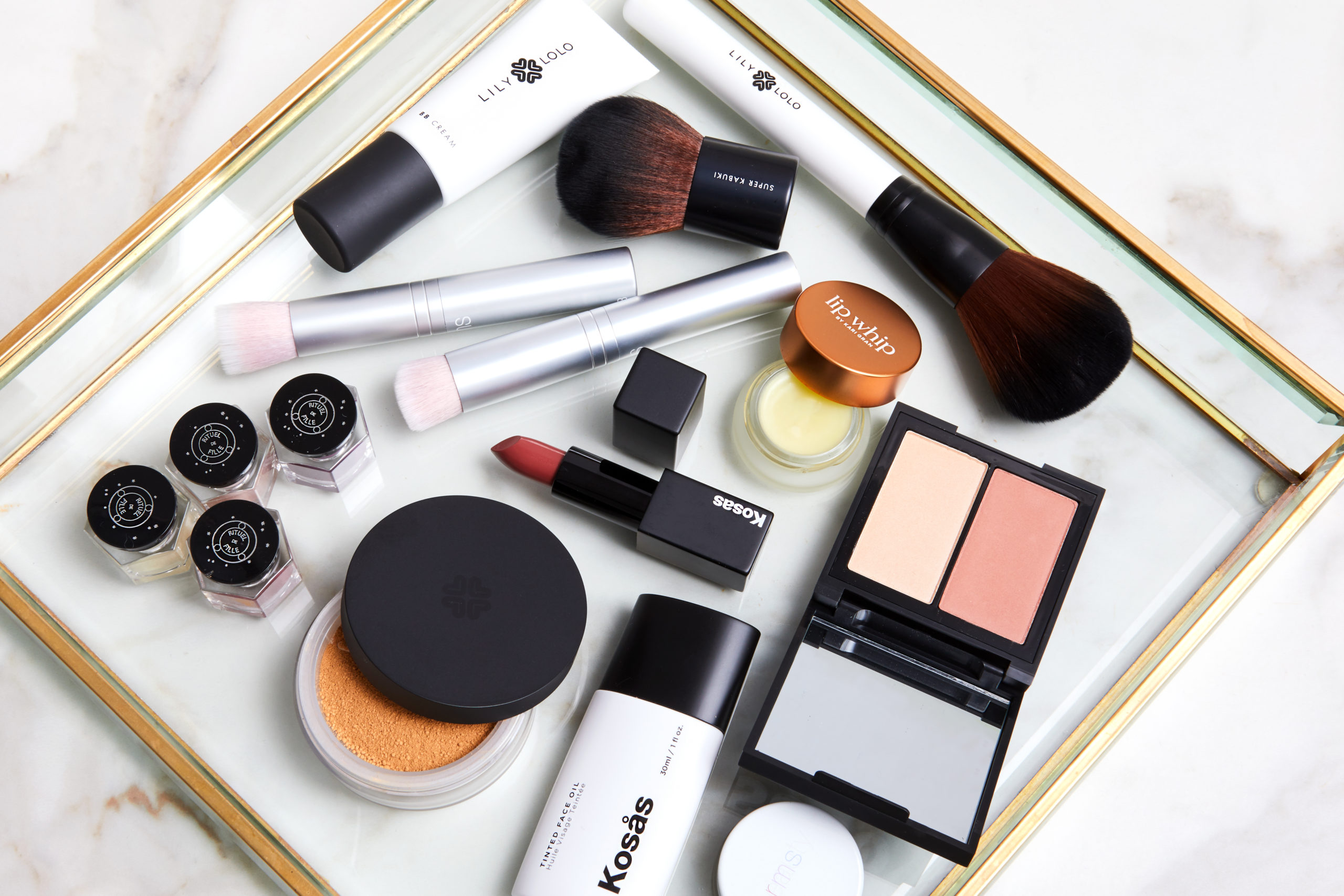“Lip care” used to mean applying some balm during winter — maybe one with SPF when we remembered. But somewhere along the line, the skin-care industry got wind that people wanted luscious, plump lips without the help of needles, even when they’re makeup free. Now there’s a new lip maskpeelscrubserummagicpotion born every minute. The question is, do we really need them? And if so, which ones?
The answer is objective, naturally, but here’s what you need to know to make your own decisions.
What Even Are Lips?
The colored flesh around our mouths, called the vermilion zone, is different from all other skin on our body. It has no hair follicles, no sweat or sebaceous glands, and fewer pigment cells (melanocytes). The outer layer of the skin (the stratum corneum) is also much thinner there. That’s why our lips have color (from the blood you can see through the thin, colorless skin) and also why they get so darn dry. The rest of our skin has the benefit of sweat glands that deliver moisturizing oil to the surface and a thicker protective barrier to lock it in. All our lips have is saliva from our mouth, which can also be drying.
One thing lips have in common with the rest of the body is collagen, which helps support the cushy structure of the dermis (the second layer of skin). As we age, we produce much less of it, and our lips don’t look as full.
Priority 1: Protect Your Lips
Now that you know how delicate your lips are, you want to protect them, right? First of all, don’t smoke (duh). In addition to all the other harm it does, smoking slows the production of collagen and encourages the creation of chemicals that break down the proteins that keep skin elastic.
Also, apply sunscreen. Just like the rest of your skin, your lips need protection from UVA and UVB rays. Besides causing cancer, these rays slow collagen production. Look for a lip balm labeled with an SPF (ideally 30) and “broad spectrum” (meaning it blocks both UVA and UVB rays). Salt & Stone has a great water-resistant, reef-safe one that’s made with non-nano zinc oxide.
Your lipstick may also include a sunscreen, but if it doesn’t, layer up. The Skin Cancer Foundation also warns against using high-gloss lipstick in the sun, as it tends to magnify the rays unless you layer it over a more opaque one.
Priority 2: Moisturize
As we mentioned before, lips aren’t that great at moisturizing themselves. Help them along with lip balms, sticks and ointments that either add moisture to the skin (emollients), lock that moisture in (occlusives) or have a combination of ingredients that do both.
If your lips need extra help, look for a lip product that contains an emollient, which means it can be absorbed into the skin. Some good ones for lips include shea butter, castor seed oil and hemp seed oil. Kosasport LipFuel is an ultra-hydrating option that uses castor seed oil and hyaluronic acid, which helps your body retain moisture.
Occlusives sit atop the skin and prevent moisture from evaporating (Vaseline, for example). Natural occlusive ingredients include beeswax, shea butter (yep, it’s both!) and cocoa butter. Cult brand RMS Beauty makes its Lip & Skim Balm with all three to keep lips soft and smooth.
Priority 3: Don’t Irritate
When you’re looking for a product that protects and moisturizes, you may want to avoid ingredients that can irritate your lips, such as menthol (peppermint), phenol or salicylic acid — they’re what make some balms feel tingly. Also, pay attention to how you react to products that contain “natural” botanical ingredients. While they’re harmless to some, they’re also frequent allergens.
Extra Credit
So what about those peels, scrubs and masks? Some dermatologists aren’t fans of products that exfoliate lips; they say they’re subjecting that sensitive skin to unnecessary irritation. Certainly avoid if your lips are chapped. But if they’re not and you feel the need to freshen them up, go with something gentle.
Masks are just a really concentrated way of delivering moisturizing ingredients. There aren’t any studies out there that point to benefits of this kind of lip application, but barring any allergic reaction, no one is saying to avoid them either. Besides, if self-care makes you smile, your lips are definitely benefitting from it.
